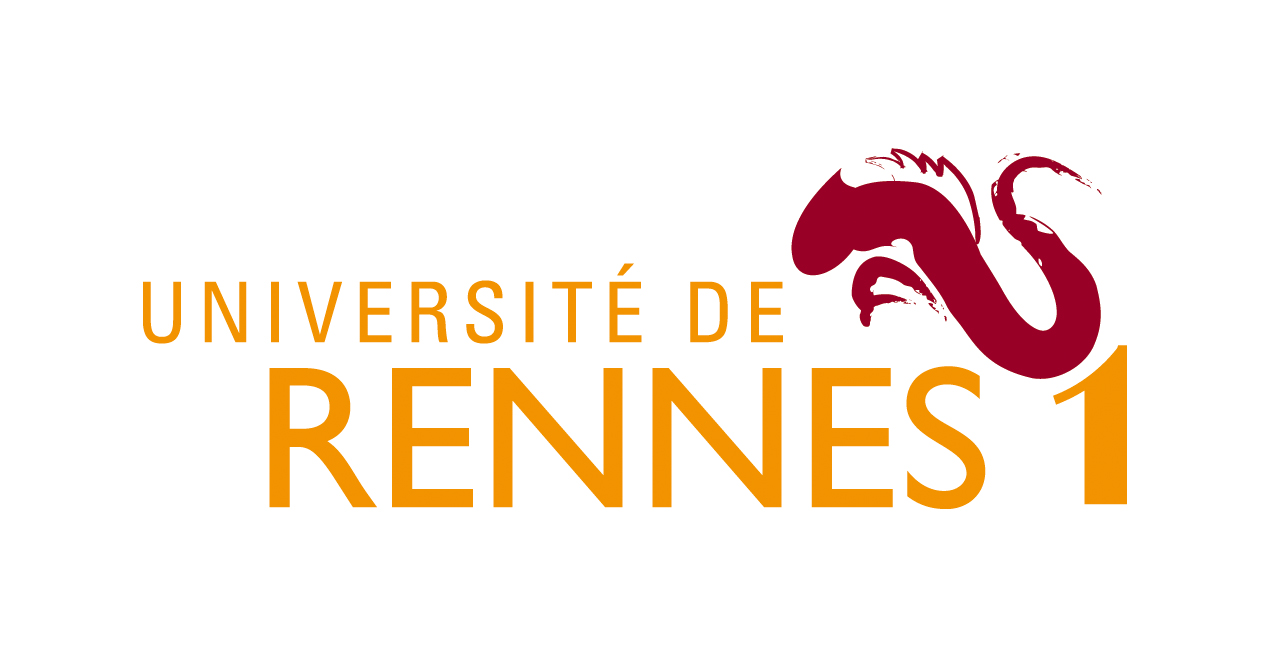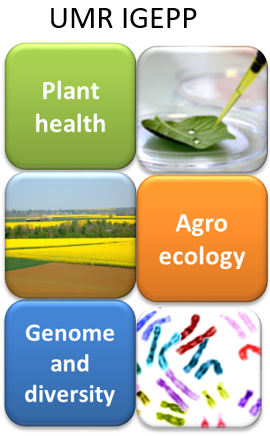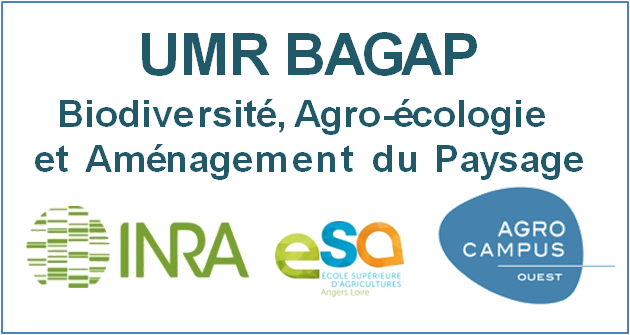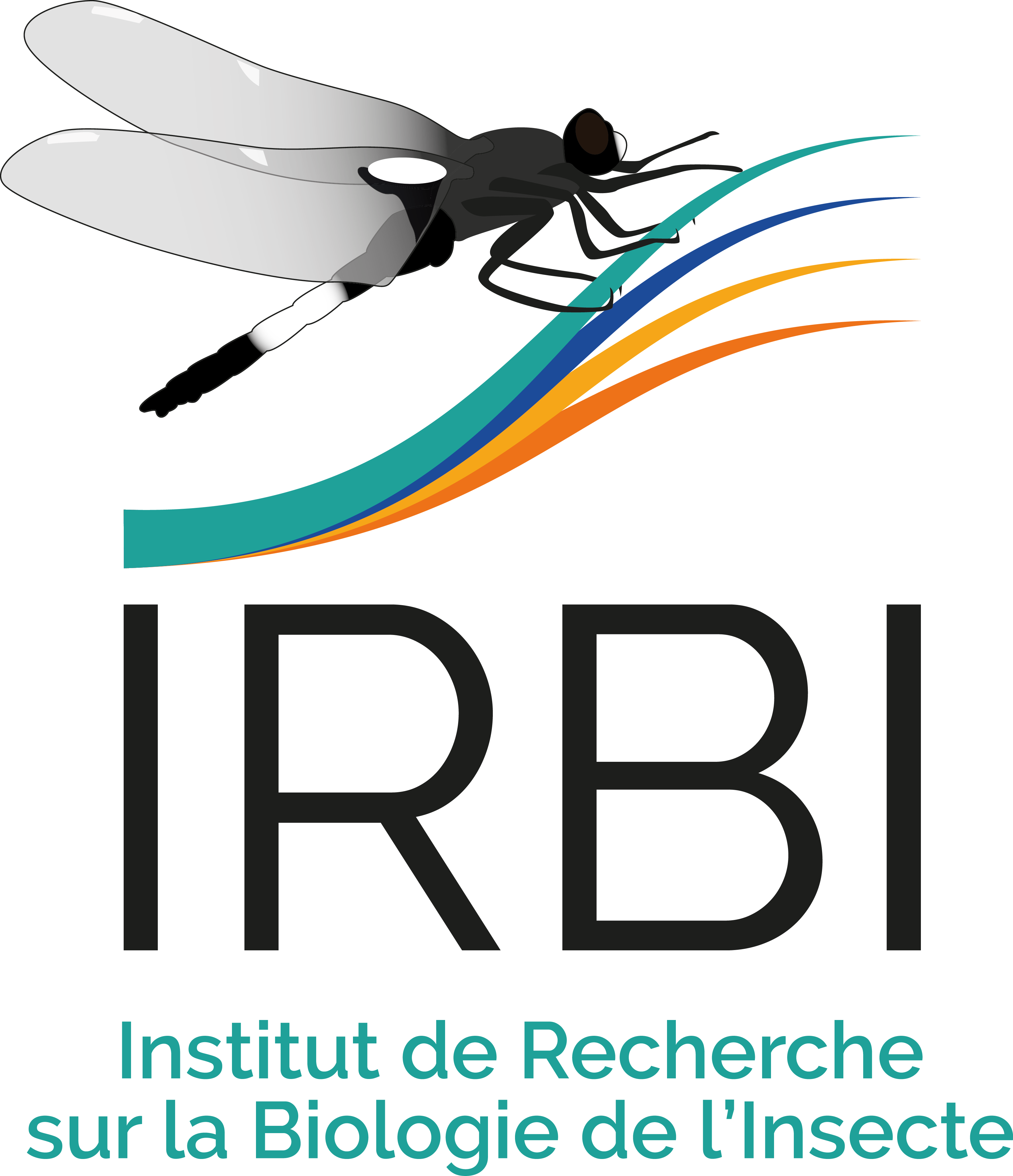Organisers, committees and sponsors > Organisers
Who are we?
|

|
The French Ecological Society is a learned society which aims to promote and associate the ecological disciplines and to strengthen their visibility in France.
BECOME A MEMBER OF THE SFE!
|
|

|
At the interface of social, earth and life sciences, the CNRS Institute of Ecology and Environment (INEE) has developed an integrative approach to environmental sciences that aims to promote global ecology at every scale of time and space. INEE is a fundamental research institute that combines research with action, and contributes to the advancement of knowledge for sustainable development.
The website of CNRS-InEE is accessible here.
|
|

|
The main goal of the research units from INRA are to develop agricultural systems that (i) Better meet people’s nutritional needs and can be used in novel ways (e.g., in the realm of chemistry, materials science, and energy production), (ii) Are efficient and competitive and (iii) Respect the environment and natural resources
and use land responsibly.
The website of INRA is accessible here.
|
|

|
The website of University of Rennes 1 is accessible here.
|
|

|
ECOBIO "Ecosystems, Biodiversity and Evolution" is a multidisciplinary research unit aiming at running investigations on the biodiversity of continental and island ecosystems, from the molecule to the ecosystems.
The website of this department is accessible here.
|
|

|
IGEPP, the Institute for Genetics, Environment and Plant Protection, is a joint research unit involving staff from INRA, Agrocampus Ouest and Université Rennes 1 and working on plant health improvement through ecological, evolutionary and genetic approaches. Research at IGEPP tackles important societal challenges in Agronomy by contributing to agriculture practices reducing pesticides and fertilizers uses, and by protecting and using biodiversity.
The website of this department is accessible here.
|
|

|
ESE, the Ecology and Ecosystem Health research unit, brings together scientists from INRA and Agrocampus Ouest to study aquatic ecosystems and their transformations in the context of anthropogenic and global change. Research at ESE focuses on processes spanning the freshwater-marine continuum – from headwaters to estuaries, oceans and islands – and at various levels of biological organisation – from genes to organisms, populations and communities. Its main research areas aim to: 1) analyse the ecological impacts and responses to stresses induced by human activities; 2) understand and stimulate mechanisms of ecological restoration; 3) assist in developing guidelines for the sustainable management of aquatic ecosystems.
The website of this department is accessible here.
|
|

|
L'UMR BAGAP développe des recherches interdisciplinaires qui visent à contribuer au développement d’une agroécologie pour l'action, promouvant la multifonctionnalité des paysages (fonctions écologiques sous-jacentes aux services écosystémiques d'approvisionnement, de régulation biologique et de support de la biodiversité). Dans ces recherches, les acteurs de l’agriculture et de l’aménagement du territoire (agricole, périurbain à urbain), ainsi que leurs organisations, sont considérés comme parties prenantes des écosystèmes dans les paysages agricoles.
|
|

|
LETG studies geography of the environment. With its expertise in human geography, physical geography and geomatics, its scientific program aims to contribute to knowledge on nature-society interactions through a modelling and integrative approach lying at the geographical interfaces between land, sea and atmosphere. Over successive research contracts, scientific results on different issues in this vast field of research have been obtained using a resolutely spatial and spatio-temporal approach. The unit’s command of geographic methods and tools – both significantly impacted by the emergence of the digital era in the 1990s – and the field experience gained over many years and in different environments, has led to the integration of several research groups and active participation in the progressive application of a broader and multifaceted interdisciplinarity regarding not only other Humanities and Social Science disciplines, but also Sciences of the Universe, Life Sciences and ICT.
The website of this department is accessible here.
|
|

|
The website of this department is accessible here.
|
|

|
The website of this department is accessible here.
|
|

